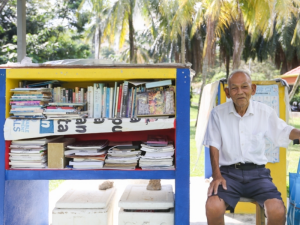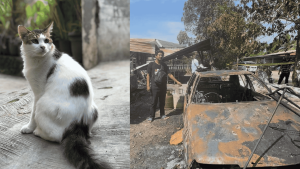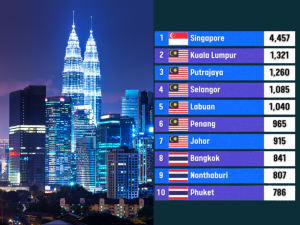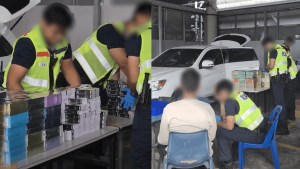The Aerotrain service at Kuala Lumpur International Airport (KLIA) has once again encountered a technical malfunction, leaving passengers stranded in the early hours and forced to walk along the side of of the railway track while carrying their luggage.

Image credit: China Press
According to China Press, the Aerotrain stopped abruptly while transporting passengers between terminals. With no immediate solution available, travellers including families with children were instructed to disembark and proceed on foot along the elevated track toward the terminal platform.
A growing issue of disruptions
This latest interruption adds to a series of breakdowns that have sparked concern over the system’s reliability. Earlier in Parliament, Deputy Transport Minister Datuk Haji Hasbi bin Haji Habibollah revealed that between July 2 and Oct 8, the KLIA Aerotrain recorded 19 separate malfunctions.

Image credit: China Press
He stated that the service is currently within its two-year defect liability period, with mechanical and signalling systems still undergoing adjustments aimed at achieving full operational stability.
Previous suspension
The Aerotrain, which connects KLIA’s main terminal and satellite building was suspended in March 2023 for major repairs and upgrades. It resumed operations on 1 July this year but has since faced repeated failures that have inconvenienced thousands of travellers.
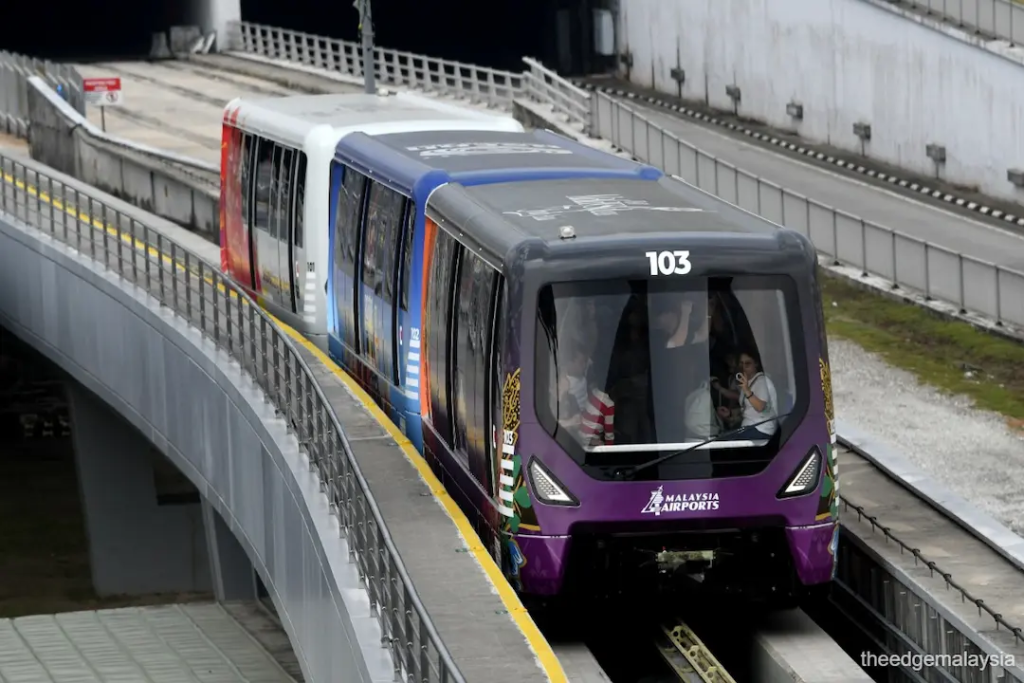
Image credit: The Edge
As KLIA stands as one of the Malaysia’s key international gateways, aviation observers stress the need for more reliable transit solutions and clearer contingency protocols to safeguard passenger movement especially during peak travel periods and late-night operations.
Follow Wah Piang for more updates.


